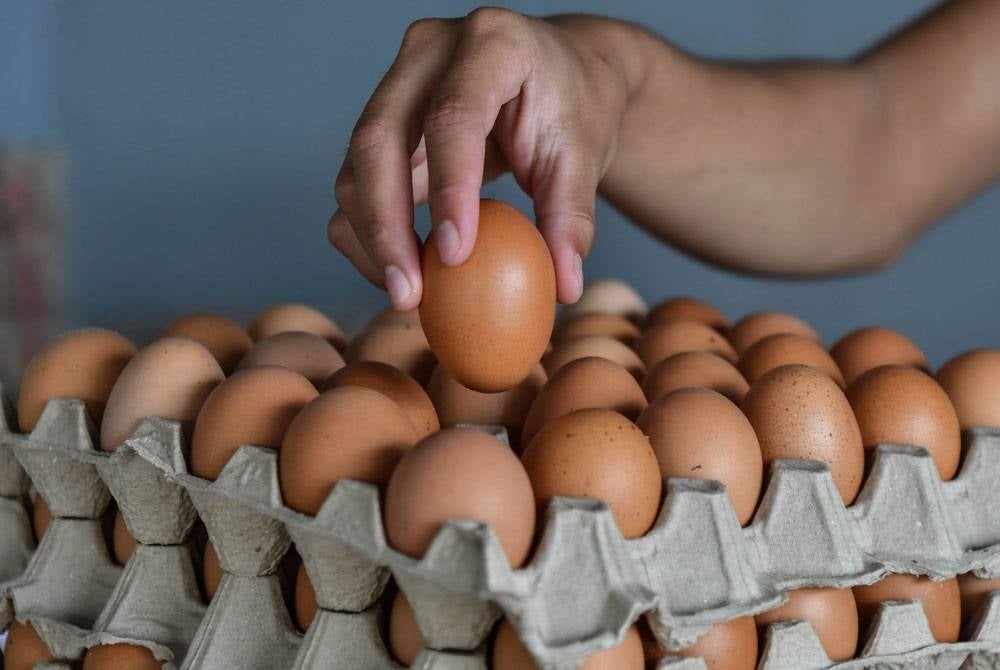Egg import borne by company, does not involve public funds, says Agriculture Ministry
13 Mar 2023 06:44pm

For illustration purpose
In a statement today, MAFS said any expenditure and risks to import eggs are fully borne by the importing company and no public funds are used.
"The Malaysian government does not provide subsidies to imported chicken eggs as enjoyed by local chicken egg producers," he said.
On Dec 6, the Agriculture and Food Security Minister Datuk Seri Mohamad Sabu announced the approval to import eggs from external sources as a temporary measure to overcome the shortage of eggs.
The temporary special approval until June 30 2023 was given to J&E Advance Tech Sdn Bhd and an egg exporting company in India that has the supply capacity and is also supplying eggs to Qatar during the 2022 World Cup.
In order to ensure that the people receive imported eggs that are safe and disease-free, MAFS said the Malaysian Quarantine and Inspection Services Department (Maqis) and the Veterinary Services Department implemented controls on the entry of imported chicken eggs at the country's entrance.
The control is a hold, test and release (HTR) test that includes PCR tests for the detection of Salmonella bacteria, Newcastle Disease virus and Avian Influenza.
"Only eggs that pass the HTR test are allowed to enter the country. So far no imported chicken eggs have failed this test," he said.
MAFS said based on DVS records, the Unity Government's efforts to overcome the shortage of egg supply in the country since last January have started to show positive development.
Based on that record, Malaysia has a shortage of 118,272,070 eggs in October 2022; 157,543,291 (November 2022); 1,282,094 (December 2022) but experienced an increase of 160,649,928 in January this year.
"The government will always take proactive measures to ensure that the food supply in the country is sufficient and assured," he said. - BERNAMA










